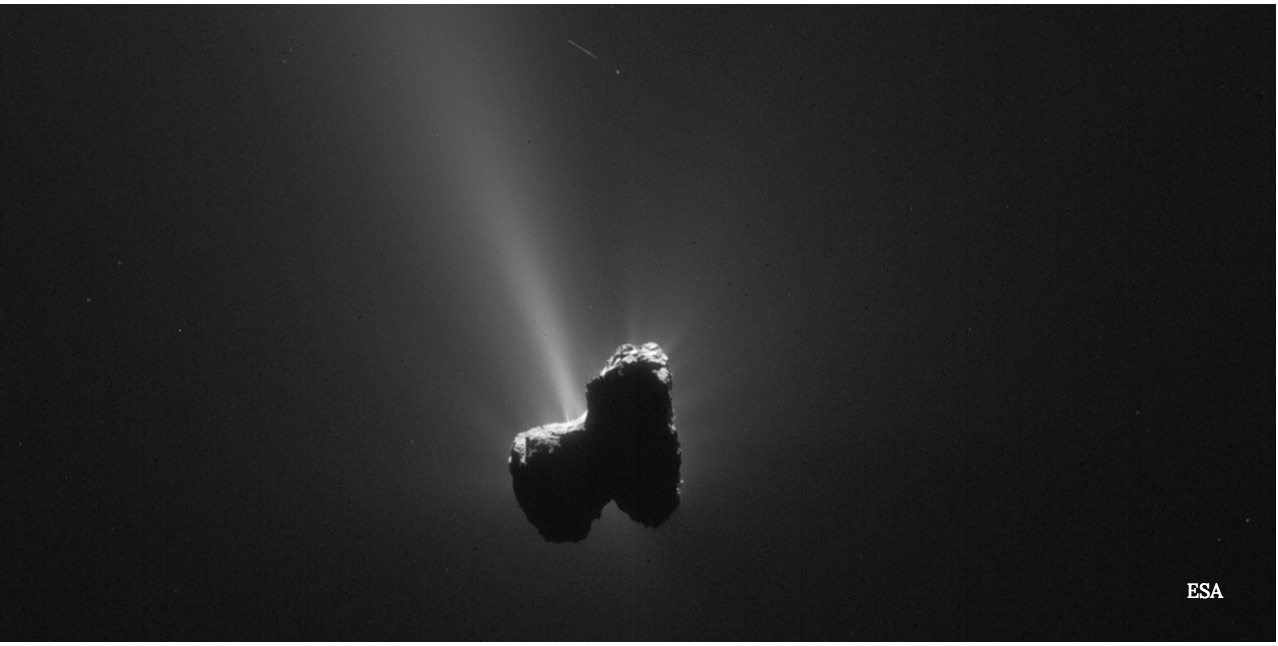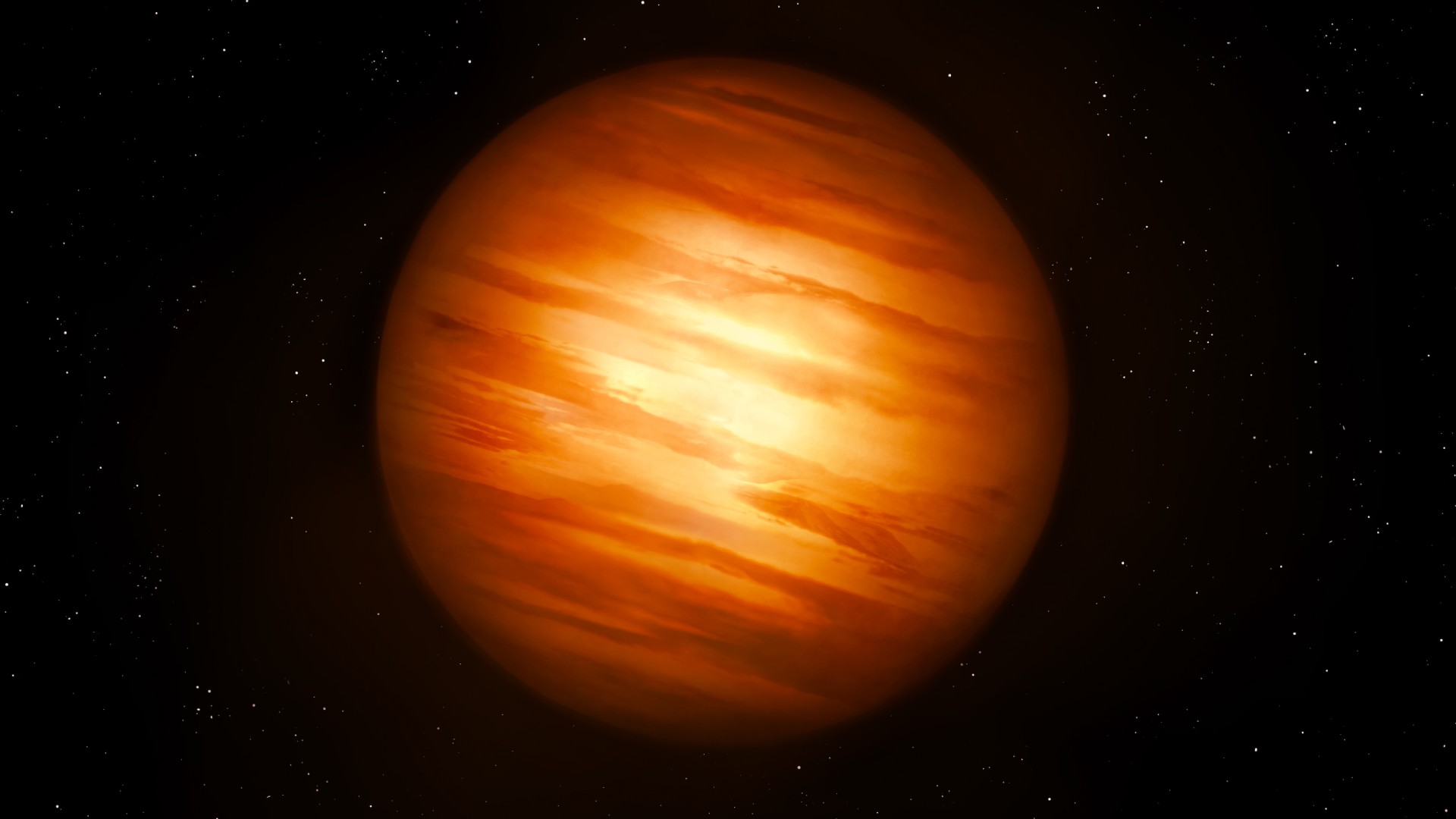Tiny Spacecraft Sees Water at Rosetta's Comet While Stranded in Solar Orbit

Breaking space news, the latest updates on rocket launches, skywatching events and more!
You are now subscribed
Your newsletter sign-up was successful
Want to add more newsletters?
A tiny Japanese spacecraft stranded after a botched engine burn nixed its mission to an asteroid has provided a key measurement of water in the comet that hosted Europe's Rosetta mission.
The finding supports measurements made of comet 67P/Churyumov-Gerasimenko by the Rosetta orbiter, which circled the comet for two years.
Astronomers used a telescope aboard Japan's Proximate Object Close Flyby with Optical Navigation, or PROCYON, spacecraft to look at 67P in September 2015, providing a global perspective unavailable to Rosetta, which was inside the comet's coma at the time.
"The water production rate of a comet is one of the fundamental parameters necessary to understand cometary activity… because water is the most abundant icy material in the cometary nucleus," Yoshiharu Shinnaka, with the National Astronomical Observatory of Japan, and colleagues wrote in a paper published in this week's Astronomical Journal.
RELATED: Sublime Surprise: Rosetta's Comet Cycles its Ice
Knowing how much water is in a comet also is important for understanding the process by which molecules were incorporated into comets as they formed in the early solar system, the observatory noted in a related press released.
Comet 67P wasn't in viewing range of Earth-based telescopes at the time, but PROCYON, thanks to a quirk of fate, was. The tiny satellite, weighing just 143 pounds (65 kg), was launched in December 2014 along with Japan's Hayabusa 2 asteroid sampler.
Breaking space news, the latest updates on rocket launches, skywatching events and more!
PROCYON was intended to fly by asteroid 2000 DP107, but its ion thruster failed, nixing the mission. The spacecraft remains in orbit around the sun.
Its measurements of 67P are important to validating computer models used for scientific research and possible future expeditions.
"We were able to test the coma models for the comet for the first time," the observatory's press release said, adding that the measurement was the first by a micro satellite for a deep-space mission.
"We hope this will become a model case for micro spacecraft observations in support of large missions," the observatory noted.
WATCH VIDEO: What Did We Learn From Landing on a Comet?
Originally published on Seeker.

Irene Klotz is a founding member and long-time contributor to Space.com. She concurrently spent 25 years as a wire service reporter and freelance writer, specializing in space exploration, planetary science, astronomy and the search for life beyond Earth. A graduate of Northwestern University, Irene currently serves as Space Editor for Aviation Week & Space Technology.
